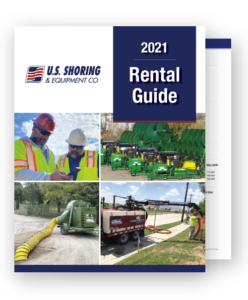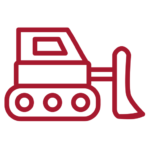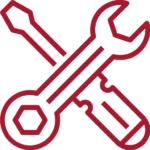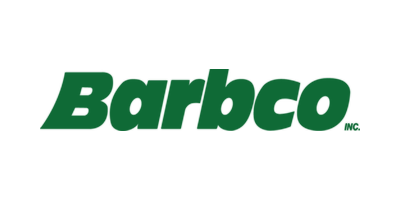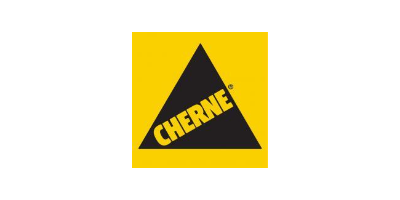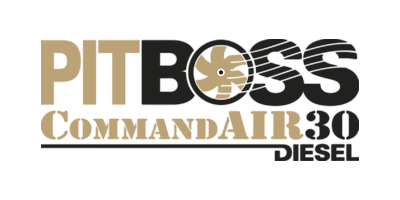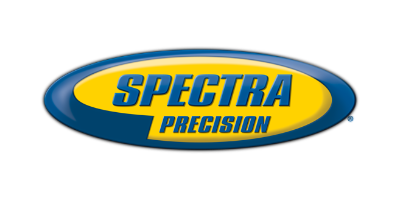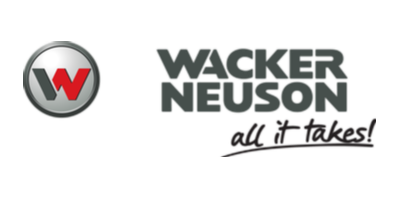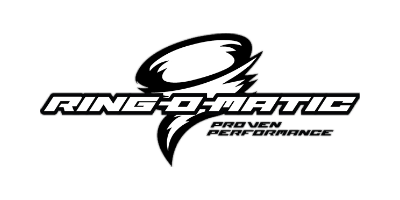Safety should be every individual’s main priority on any construction or jobsite.
Without the proper equipment, processes, and policies workers may be at risk of serious injury, or worse. While every part of a jobsite can be dangerous, the most hazardous locations on a site are often below ground level.
According to the Occupational Safety and Health Administration (OSHA), 54 workers are killed, and countless others are injured in trench cave-ins or collapses each year. Workers in and around trenches and pits are injured in other ways as well, including falls and falling debris, poor air quality and more. Trenches have become so dangerous that OSHA has made improving trench safety the Agency’s Priority Goal.
The most important safety step you can take to prevent cave-ins and collapses is to install a trench box.

